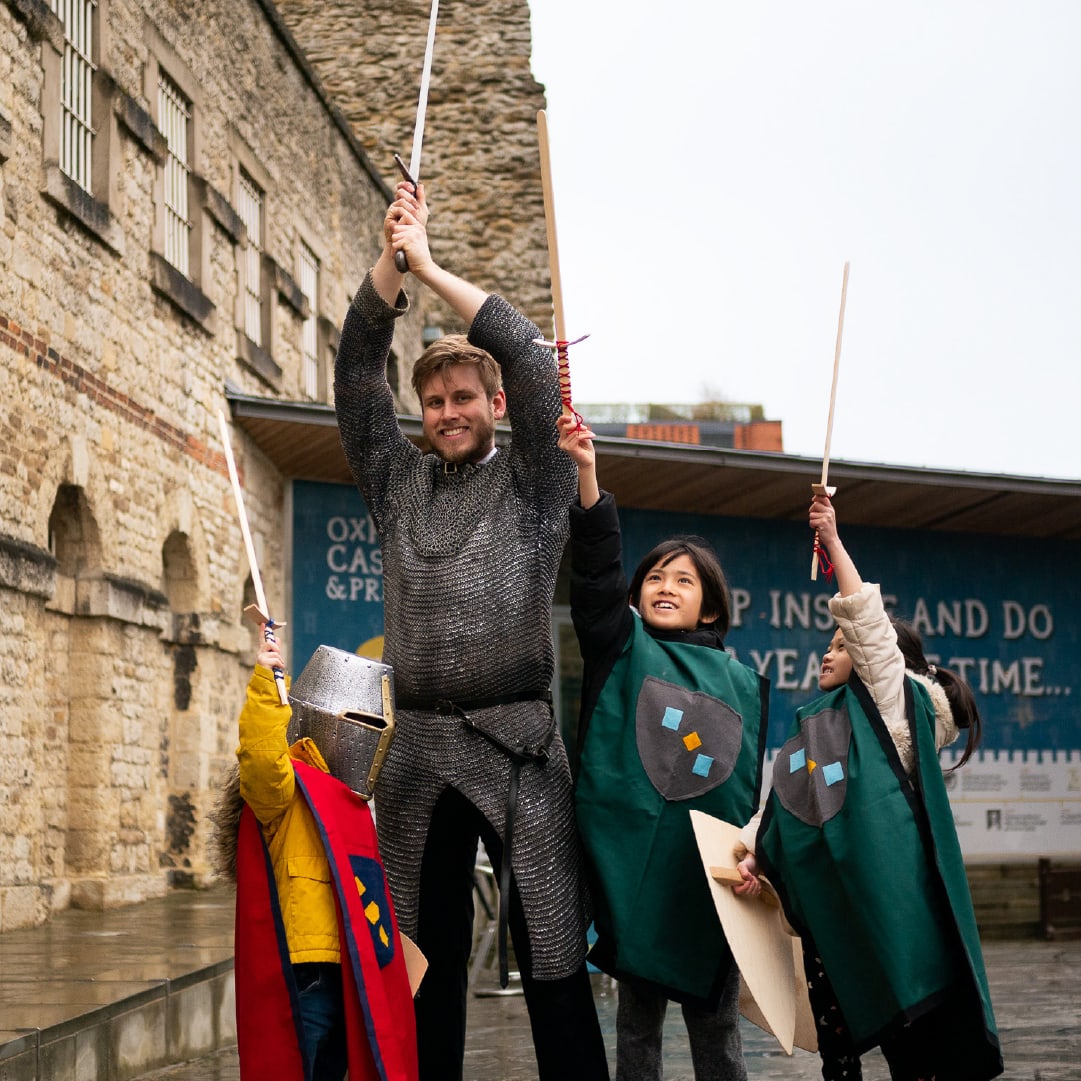I'm not usually a huge fan of fantasy (with the exception of Harry Potter). My favourite books and films are those in which nothing really happens, so when I was invited to see the National Theatre's critically acclaimed production of The Ocean at The End of The Lane earlier this week, I wasn't quite sure what to expect. However, I was met with an immersive journey of nostalgia that was at times reminiscent of Stranger Things – a captivating performance where memory meets magic, and we witness life and loss through the eyes of childhood imagination.
Set against an idyllic countryside backdrop and brimming with magical beings, The Ocean at The End of The Lane invites us on an intimate adventure through the corridors of memory. As the protagonist returns to his childhood home after his father's funeral, he finds himself standing by the pond of the old Sussex farmhouse where he used to play. Suddenly, he is transported back to his 12th birthday, a pivotal moment in his life when he encounters his extraordinary friend, Lettie. Plunged into a world of enchantment, their survival hinges on their ability to confront ancient forces that threaten to dismantle everything around them.
The Ocean at The End of The Lane introduces audiences to Neil Gaiman's magical world and the beloved characters who inhabit it, vividly brought to life on stage. This production seamlessly merges magic with memory in a mesmerizing display of storytelling, taking viewers on an epic journey through a forgotten childhood and the lurking darkness on its fringes.
The cast electrified the performance with their remarkable talent, bringing an unmatched energy and depth to the characters they portrayed. In particular Daniel Cornish who in his portrayal of the young protagonist embodied the innocence and awkwardness of a preteen boy in the midst of family trauma. Looking for someone to trust and craving normality, I think we all related to that part of childhood in some way or another.
I was utterly blown away by the creativity and versatility of the set design. Throughout the story, the stage ambitiously transitions between ordinary kitchens, bedrooms, and bathrooms to extraordinary spaces, flawlessly illustrating a world where the ordinary and the fantastical coexist. Writer Neil Gaiman commented that it was, "unlike anything else I've ever been involved in... It's not like anything else you'll ever see at the theatre. The Ocean at the End of the Lane has its own theatrical magic. It's why happy people tell you that they cried while watching it, why it becomes a dreamlike experience in memory, and why it grows larger the deeper you delve into it. It's like a duck pond that contains an ocean that holds the universe..."
I think the main reason I’ve never got lost in the world of fantasy like some do, is that I like to read or watch things which I can relate to, and see myself in. This story is infused with emotion, skilfully weaving together elements of fantasy, mythology, and deeply human experiences which felt infinitely relatable. It reminded me of how frightening and bewildering things can be when surrounded by childhood trauma, and how our imagination remains an integral part of who we are, regardless of age. After all, "Remembering is not that different from imagining, not really."
The Ocean at The End of The Lane is at Oxford’s New Theatre until Saturday








